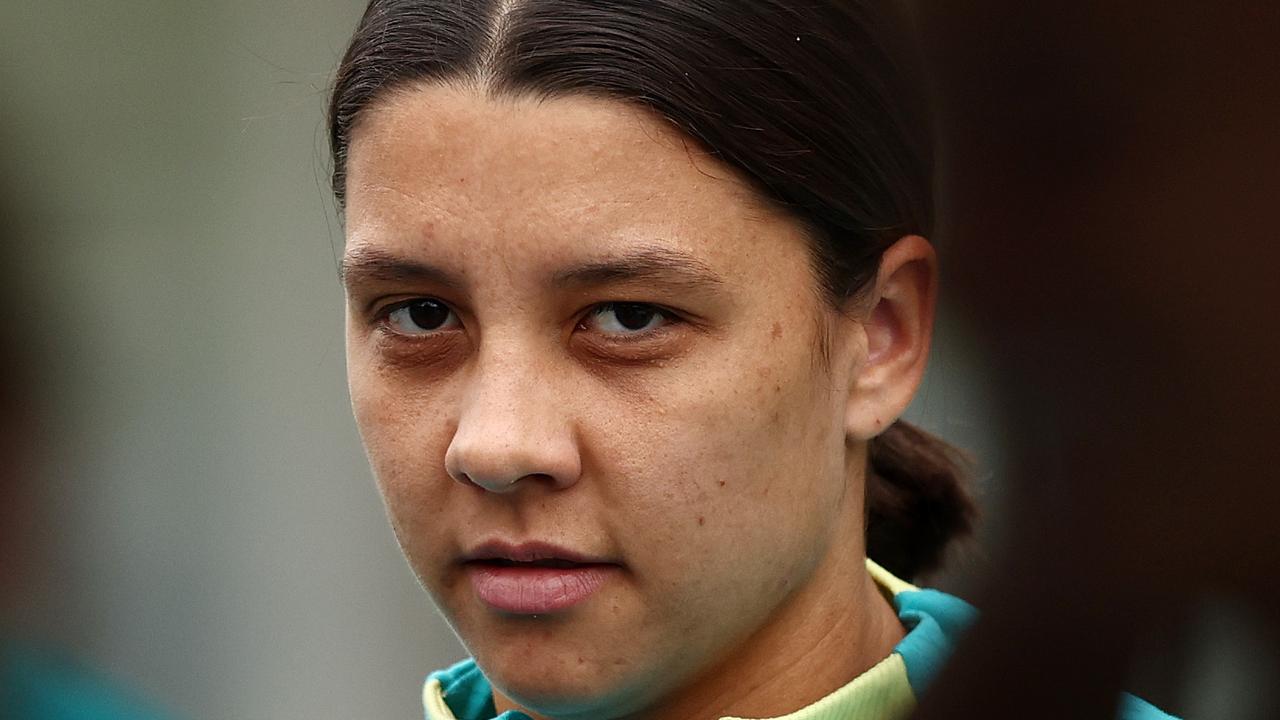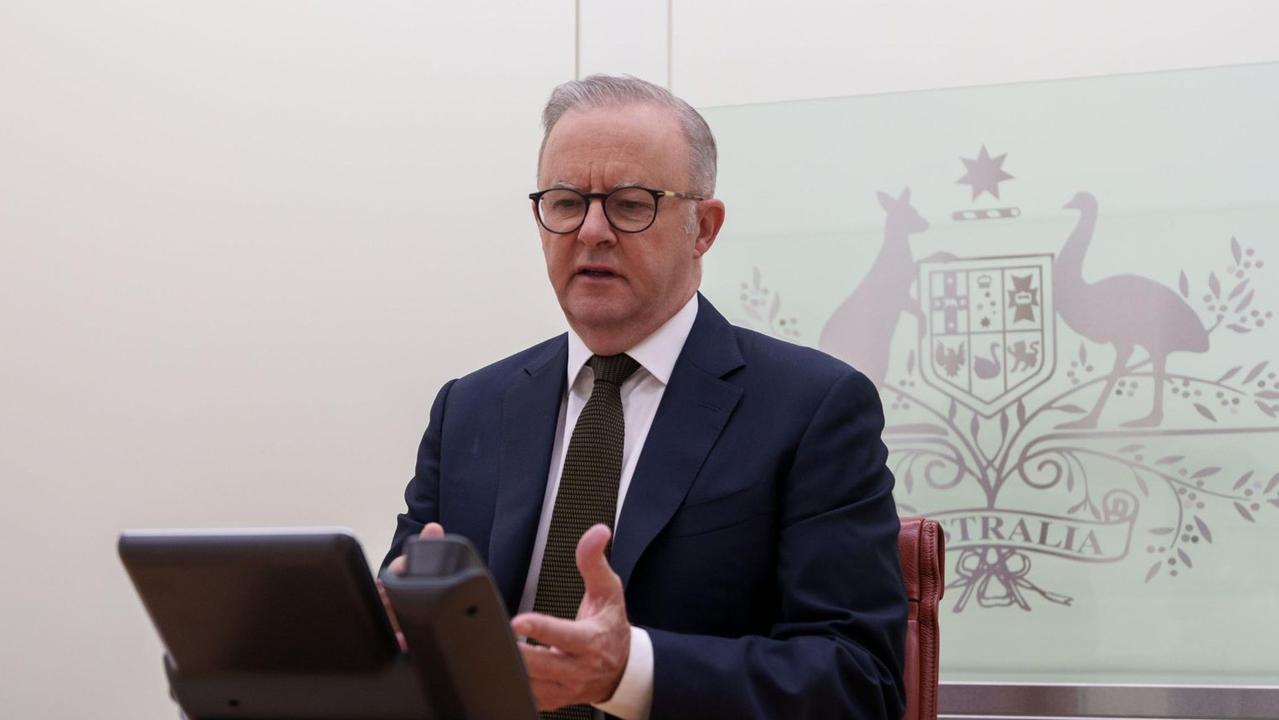Why The Doors’ famous song is the soundtrack to a world gripped by fear
SIMON BEVILACQUA: The foreboding timbre of The Doors’ Riders on the Storm perfectly summed up the week’s shocking news

Opinion
Don't miss out on the headlines from Opinion. Followed categories will be added to My News.
THE car shuddered violently each time a truck hurtled by as I sat broken down on the side of a feverishly busy dual-carriageway somewhere in southern NSW last week.
I had pulled off the road when the vehicle’s dashboard lit up like a Christmas tree. Check engine, traction control and cruise control warning lights were glowing in the night and an increasingly loud whirring was coming from the engine bay.
Rain was belting down and passing traffic so manic and loud that when I lifted the bonnet it was impossible to judge where the whirring was coming from. It was difficult to think at all amid the sensory overload next to the highway.
I was parked well off the road, but felt vulnerable sitting in the car as I dialled the RACT. The number linked me through to NSW’s NRMA.
The first thing they needed to know was where I was so they could send assistance. It seemed like the middle of nowhere, an eternity from civilisation. Somewhere on the highway to Hell? I had not seen a house for miles. The darkness that circled the car was broken violently and intermittently by the high-beam headlights of B-doubles, semi-trailers and cars that in blinding strobe-like flashes reveal little more than bush and rain in all directions.
I found the location on my phone and my voice shook as I informed the NRMA operator.
“I’m on the Hume Highway next to the Belanglo State Forest,” I whispered so as not to wake the dead.
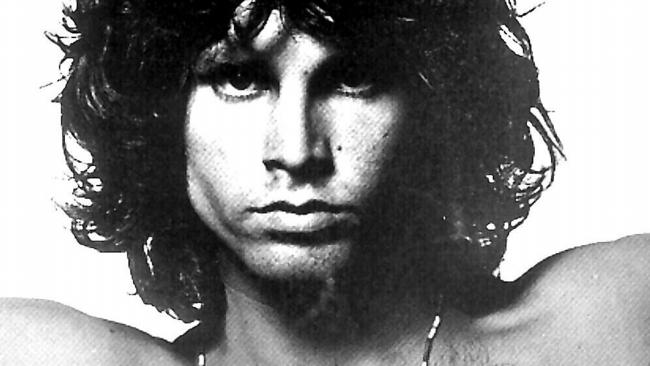
The operator responded, “We’re flat out with breakdowns. We’re not going to be able to get anyone there for two hours”, and signed off, leaving me desolate, with The Doors’ Riders on the Storm running through my mind.
I began to consider the horror of Ivan Milat. The murderous bastard haunted nondescript logging tracks just across the road in the infamous Belanglo forest in the 1990s. Seven bodies were found stabbed, shot and hidden under twigs; young lives cut mercilessly short.
The screams of his victims, backpackers from Britain, Germany, Italy and Australia, were futile in the blanketing silence of this remote 3800ha pine plantation.
“There’s a killer on the road, his brain is squirmin’ like a toad,” Jim Morrison sang in my imagination as I looked up to see a tall, gangly man in a saturated hoodie stride to the car like an apparition out of the wet dark of nowhere.
It was my son. He climbed into the passenger seat, having phoned a friend by the side of the road. “What’s happening?” he asked of our predicament.
“A tow-truck will be here in two hours,” I said and watched his chin drop to his chest.
And so we sat, waiting.
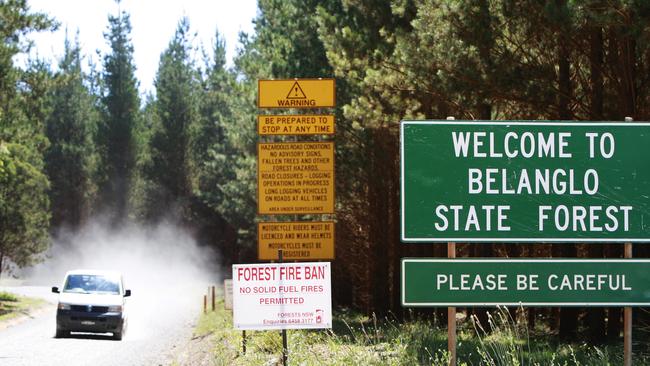
It seemed a suitably sombre and bleak setting to tell him of the bad news I had received earlier in the week that one of the companies I work for is winding up and I may be out of a job in a few months.
The news failed to shock him. My son has lived with the precarious uncertainty of journalism for 10 years or more. Journalists have been riding the storm, defiantly advancing through rain and thunder despite the writing on the wall, for as long as he can remember. My son has not known a time when the saddlebags were dry.
Such is life, we agreed, with a maverick bravado befitting a desperado’s life on the road but which belied our quiet yearning for the routine, safety, comfort and warmth of home fires. As Morrison sings so eloquently: “Into this house we’re born, into this world we’re thrown, like a dog without a bone.”
Our conversation is interrupted by the urgent flashing orange lights of a tow-truck. Without assistance, the driver loads the car and in five minutes we are bound for Mittagong where it will be checked and we can get some sleep in a cheap motel. Three-abreast across the truck’s front seat, the driver tells us that one of Milat’s brothers was his under-16s cricket coach. Many in Mittagong have a Milat yarn.
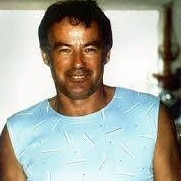
Next day we get the mechanic’s all-clear to drive to Melbourne, but 100km down the road the dash lights up again and the whirring resumes. With a day-sailing booked on Spirit of Tasmania II ferry next morning, we ignore the lights, and the noise, and drive into the rain.
Nine hours later, we were on the Western Ring Rd into Melbourne, five frantic lanes of mayhem in what is described in the local paper the next day as the most treacherous driving conditions in years, with a month’s rain in one day flooding underpasses and waterlogging peak hour so it stretches into the dark of night.
“Take a long holiday, let your children play. If you give this man a ride, sweet family will die. Killer on the road,” Morrison sings in my mind as my son, a competent but inexperienced driver, expertly navigates through the trucks and filter lanes, turns and bypasses, with my only assistance being a fistful of fingernail impressions forever etched into the passenger’s side door handle and the occasional muted yelp.
Up at 5.30am next day to board the ferry, we sail all day and drive all night to arrive in Hobart at midnight.
Once home, I learn the coronavirus is spreading like wildfire in places like Spain and Iran and the panic it is causing is likely to trigger a recession and smash the global economy more than the GFC.
Stocks plunge so badly that Wall Street triggers its second automatic trading halt in a week, the first time such a measure has been used since 1997. And the US imposes a travel ban on Europe.
The University of Tasmania is to axe 70 per cent of its courses next year and Dark Mofo and the Melbourne Grand Prix are cancelled.
And what is this sniffle I picked up on my travels?
As I survey the deluge of shocking news, Jim Morrison’s foreboding timbre echoes through the tempest of Riders on the Storm as it repeats over and over in my head for days: “There’s a killer on the road …”

